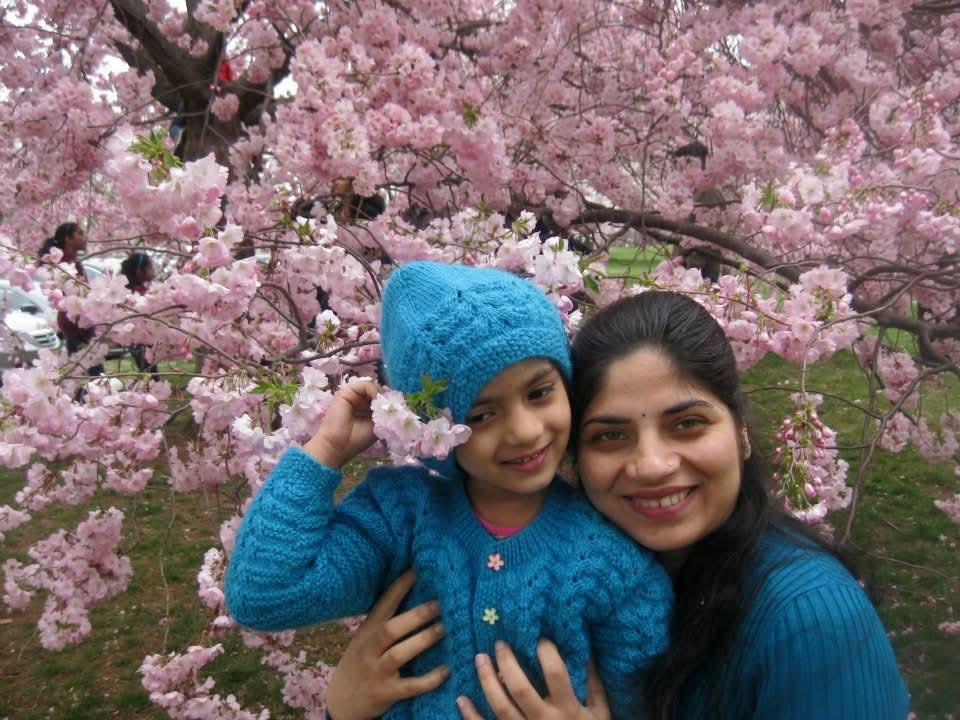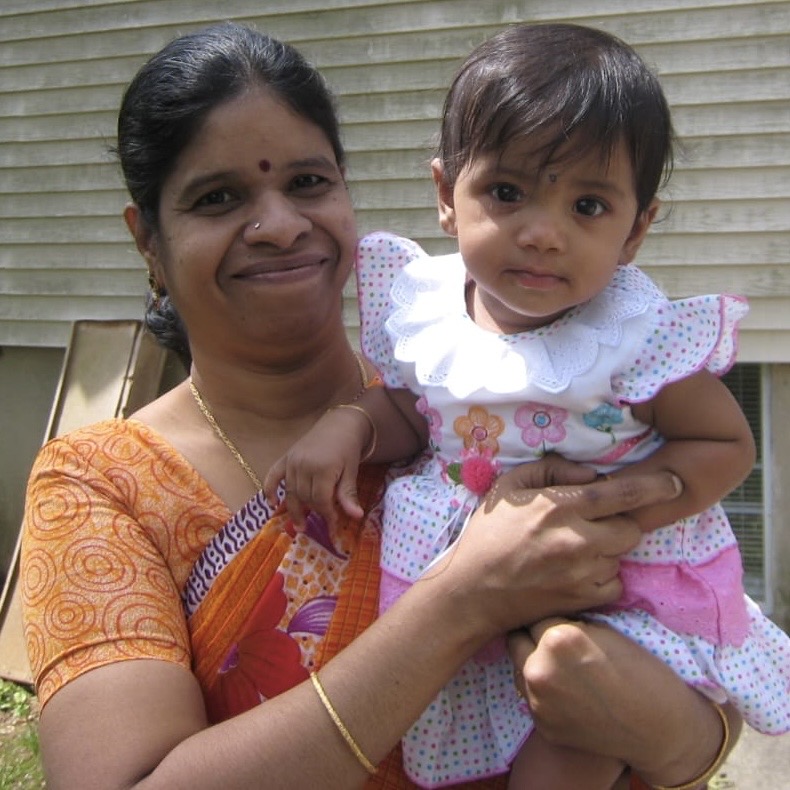I remember going to the mall as an 11-year-old in my holographic light-up Sketchers.
I begged my mom to buy me a hoodie from Justice that read “Yes, Weekend!” I was in what most people would call the ‘awkward tween phase,’ a phase that many went through and considered a rite of passage into our pre-teen years.
But tweens nowadays don’t seem to experience that same ‘awkward stage.’
Gone are the days of Justice shopping sprees, Nickelodeon marathons and Kidz Bop albums. Stanley tumblers, Sephora makeup and Drunk Elephant skincare products are all the rage with today’s tweens. Kids are growing up faster than ever and ‘tween culture’ in our modern era has mostly faded away.
What happened to today’s pre-teens that makes them strive to grow up so fast?
Generation Alpha is the generation born from 2010-2025. Often referred to as the ‘iPad kid’ generation, kids ages 8-12 in the United States spend an average of 4-6 hours on screens a day. This new wave of kids have spent their entire lives around technology and they’re using social media more than ever.
Tweens these days are fixated on keeping up with the latest trends, especially when it comes to skincare and makeup. One prime example of this is the “Sephora 10-year-olds” epidemic blowing up online recently. This trope is characterized by young girls who go to beauty stores, such as Sephora and Ulta, to buy trendy brands of skincare and makeup products. These girls spend an alarming amount of money on skincare at these stores and often make a mess for employees creating trendy skincare smoothies.
This focus on outward appearance and keeping up with the latest aesthetics can be incredibly damaging for young impressionable tweens’ self image. Tweens deal with more depression, anxiety and poor body image now due to high social media use. Eileen Kennedy-Moore, an author and a clinical psychologist, told Business Insider that children posting photos of themselves online can affect their self-focus, convincing them that appearing ‘ordinary’ isn’t enough.
“The idea that ‘I have to be extraordinary or I’m worthless,’ it’s very, very dangerous,” Kennedy-Moore said.
Being immersed in online spaces at such a young age means that this new generation of pre-teens are constantly targets for criticism. Tweens are moving away from the general ‘tween culture’ of the past, because expressing these interests online often leads to labels such as ‘childish’ or ‘cringe.’ Cyber bullying is rampant, and with so much criticism, tweens feel the pressure to act older than they are.
One factor that could be contributing to recent tween behavior may be the aftermath of the COVID-19 pandemic. During the lockdown, kids lost two crucial developmental years of their lives. Many tweens had their first elementary school and middle school experiences behind screens. Social distancing did not allow for much in-person socialization for tweens and they began to socialize online instead.
But it isn’t the tweens’ fault. At the end of the day, they’re still just kids and they have a lot of growing to do. Instead of criticizing these kids, we need to nurture them and keep them safe. Because before we know it, they’ll be all grown up.
Follow @CHSCampusNews on X.











